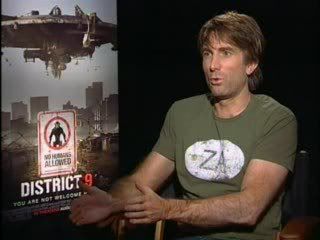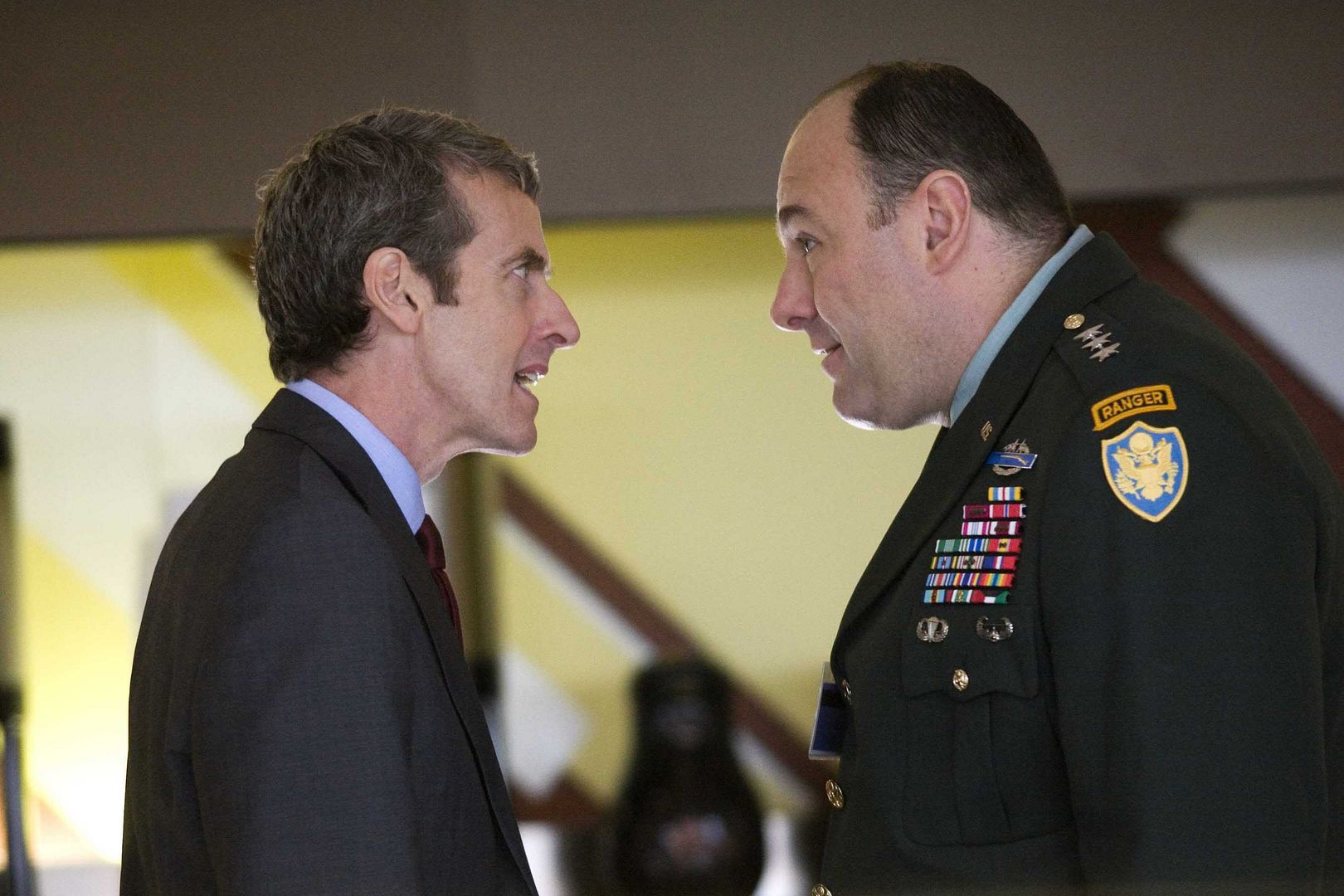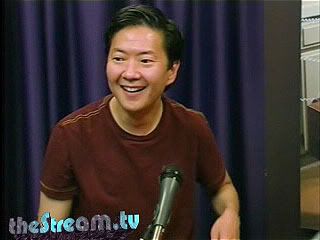
AVC: So do you know what the immediate next step is in your life?Copley speaks to the psychology of acting; him changing fields in his life matched how he was forced to "strip away" what he had been holding on to as defining himself.
SC: No. It’s the first time in my life… Before, if you’d asked me that, there was always a definite master plan and sub-plan and plan linking into that plan. So I’m just really trying to live differently for a bit. It’s a very different world. The acting world is a humbling experience, I find. It very much, for me, it shut me up. This whole thing. It was like, “Well, you think you can be a hotshot because you started this company and you started a television channel when you were 24, or whatever.” And it’s really… [Pauses.] The process of finding a character—stripping everything off, all those things you have to protect yourself, that you think are your clever things, was in a sense mirrored in my work life. I let go to see what’s actually out there, or what I’m meant to really do, if there is such a thing. And certainly this experience leads me to feel like maybe it is."
----------------------------
2. Excerpt from interview with Peter Capaldi, regarding his character (Malcolm) from the BBC Show The Thick of It and now the film In The Loop:

AVC: On The Thick Of It, Malcolm is a fire-breathing Scot in a world of posh Englishmen whom he can generally run right over, but the Americans in In The Loop give back as good as they get. How did it change things to have Malcolm taking on enemies in his weight class?Peter's intuition of what's "more interesting, and funnier for the audience" falls in line Keith Johnstone's framing of the concept of Status for performers. (The goal of the exploration of this being keeping an audience interested.)
PC: I think for me, that was a wonderful thing. Malcolm is largely the top dog on the TV show in terms of power. So to have people who were superior to him, and cleverer than him, and darker, was great, because then it gives you somewhere to go. So for me, that was a good development. I’d be happy to see more of that. It makes it more interesting. There’s only so long that you can go on screaming and shouting and swearing. There’s a sense of diminishing returns about that. But if you actually have to engage with somebody who’s superior to you and actually battle with them, struggle with them, I think it’s more interesting, and funnier for the audience."
Snipped from a summary of Impro's chapter on Status:
As Peter says, Malcolm's character is generally higher status than the others on the TV show. To have him engaging those equal or near equivalent to his status in the film can be more interesting.
"When played in this way, conflict transpires on an almost invisible plane which the audience will unconsciously pick up: the most mundane gestures and casual behaviors -- where to sit, who speaks first, what the choice for dinner will be, etc. -- become sites of struggle in virtually imperceptible ways. Every sound and posture implies a status, and recognizing this leads to a change in one's worldview.
A great deal of the comedy or tension [is derived] from the tiny ways that people vie for power by trying to raise their own status or lower the status of others in an implicit rather than explicit way."
----------------------------
3. Excerpt from interview of Ken Jeong, comedian/actor (from Knocked Up, The Hangover, The Goods), regarding upping the quality of the comedy work being put on film (and what he's learning from working with some "pros"):

"Keeping it grounded" helps signal to the audience that whatever happened, just happened in the real world - the reaction shots help put to the screen the incredulity the audience is feeling at that moment. The reaction shot can be a tension releaser as well - letting the audience can enjoy the previous moment through the reaction shot.
AVC: What kind of subtle moves?
KJ: Just reaction glances. Both of those guys [Paul Rudd, Jeremy Piven], I think alot of comedic actors, on their close-up they can deliver. But when it comes to reacting to other people being funny, that’s work in itself. I hate to sound so Comedy Theory 101—I know it’s sounding really boring—but for me, Rudd in Role Models, when he reacts to things that Seann William Scott does, he does certain things that help stretch the scene a little more, and it makes Seann look better. I felt like Piven would do the same thing. He would make all of us look better by his reactions. It’s a very subtle thing, but when the movie comes for a close-up, and they show that quick shot, it makes it funnier. Because we’re trying to dunk and do fancy moves to the basket, but what you really need is a point guard who can direct the flow. I really realize the more movies I do just how important—it’s so cliché when people say it, because everybody says it nowadays—but it’s so important to keep it grounded. I totally understand what that means.
--
Thanks to A.V. Club for these thorough interviews! Picture sources here, here, and here


No comments:
Post a Comment